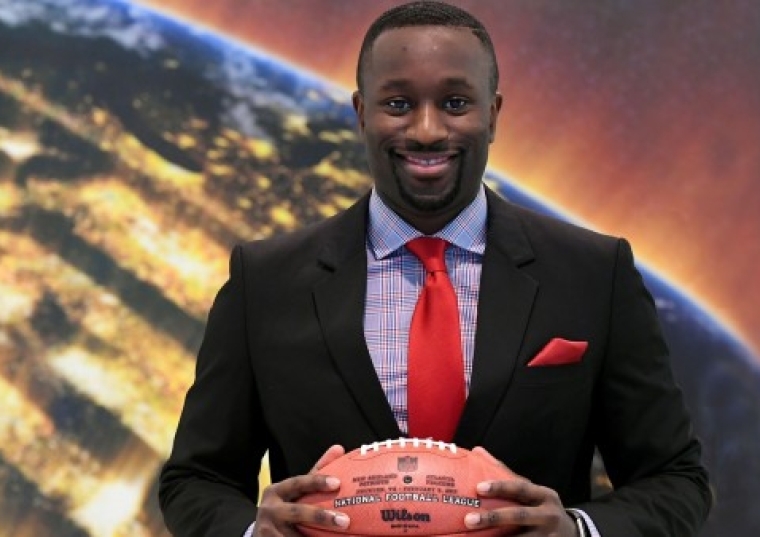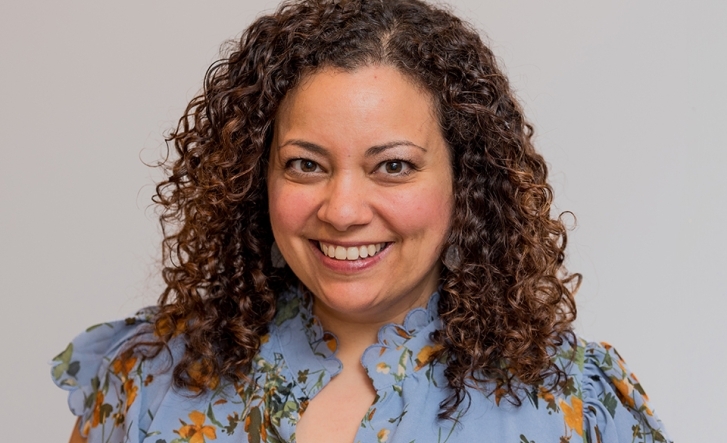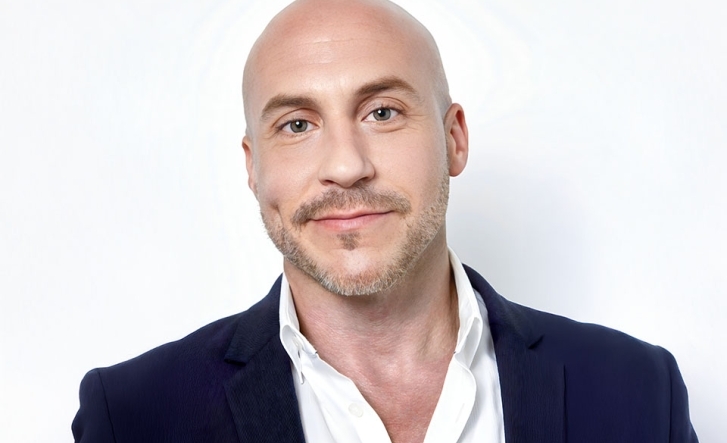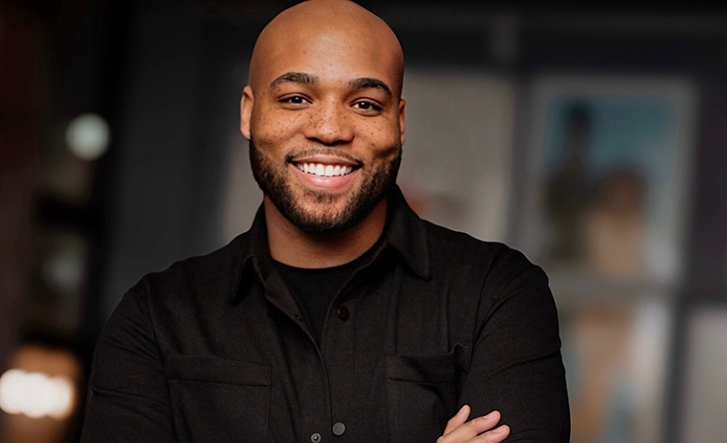Experiential Learning the Key to Grad’s NFL Career
“St. John’s has relationships with every professional sports league, so no matter your interest, the University can steer you toward an internship with a team or league that makes sense.”

A football fan since childhood, Chidozie Ibeabuchi ’12CPS uses the knowledge and skills he gained at St. John’s University to work behind the scenes for one of the most successful leagues in all of sports.
“Originally, I wanted to be a sports agent,” said Mr. Ibeabuchi. “I was drawn in by all the glitz and glamour, but after a professor explained what it really meant to be an agent, I realized that it wasn’t for me.” Rather than pursue a career where the focus was on individual players, he decided to explore the options he would have working for a professional team or league.
That epiphany was the beginning of a journey that ultimately led Mr. Ibeabuchi to his current role as Player Engagement Football Operations Manager with the National Football League (NFL), where he has been working since graduation.
As a sport management major, Mr. Ibeabuchi gained valuable experience both inside and outside the classroom. He interned at Madison Square Garden, working with the New York Knicks, New York Rangers, and New York Liberty—a position he secured with the help of University Career Services.
“It was my first entry into the professional sports world, and it really helped me in my current job,” he said. “St. John’s has relationships with every professional sports league, so no matter your interest, the University can steer you toward an internship with a team or league that makes sense.”
Soon after earning his degree, Mr. Ibeabuchi was accepted into the NFL’s elite Junior Rotational Program which accepts only six to eight of the more than 2,000 candidates who apply every year. “My grades and my experience at St. John’s are among the reasons I got in,” he said. “I graduated at the top of my class in my major and that was huge.”
In his current role, Mr. Ibeabuchi creates and facilitates career development programs for current and former NFL players. “Player Engagement has four focal points: Financial Education, Continuing Education, Career Development, and Total Wellness,” he said. “I help players in their personal and professional growth while they are playing, and as they transition out of football.”
“Nine times out of 10, a player doesn’t choose when his last down will be played,” said Mr. Ibeabuchi. “It’s usually decided by an injury or a decline in performance. We don’t wait for that to happen—we have a plan in place so we can serve as a support system for them and their families from the moment they join the league—and beyond.”
Mr. Ibeabuchi enjoys his job and is grateful to his professors, who exposed him to different disciplines within sport management. “Back then, a lot of people didn’t know much about the area,” he said. “I really appreciate the faculty who offered real-life examples of where you could go within the field.”
“Ultimately,” Mr. Ibeabuchi added, “it’s up to the student to be proactive and take advantage of all of the school’s resources.”



